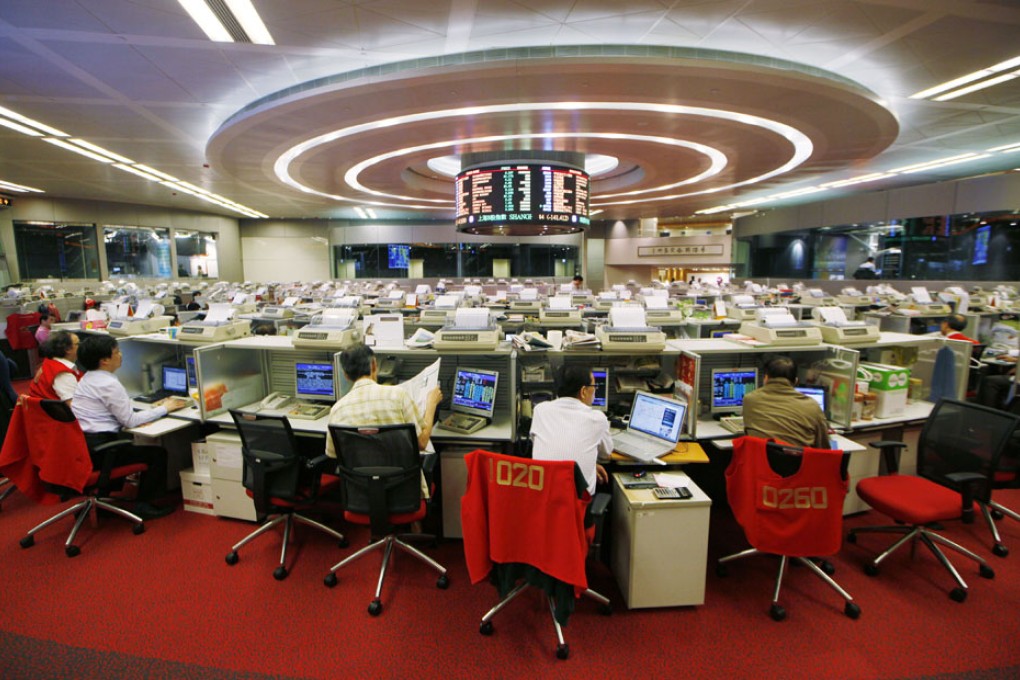Monitor | China's insolvent toxic-waste dump Cinda for sale
Let's wait and see the prospectuses, but investors would be wise to think carefully before buying in to the IPOs of China's asset management firms

At some point in the next few months, China Cinda Asset Management is likely to list on the Hong Kong stock exchange, in a mega deal that could raise HK$20 billion or more.
Meanwhile, Cinda's counterpart, Huarong Asset Management, is busy lining up strategic investors ahead of an offering some time next year.
The two companies will be sold to investors as universal financial services giants, with businesses on the mainland that range from banking and insurance, through asset management and leasing, to securities broking and commodity trading.
In reality, they are toxic waste dumps. Worse: by any sensible standards they are insolvent.
Both Cinda and Huarong, along with potential listing candidates Great Wall Asset Management and Orient Asset Management, were set up in 1999 to shift bad loans off the balance sheets of China's Big Four state-owned banks.
Over the next five years, the four asset management companies bought some two trillion yuan in non-performing assets in three successive waves. Most of these assets were purchased at face value, with the asset management companies paying for their purchases by issuing bonds - bonds which were bought by the state banks.
